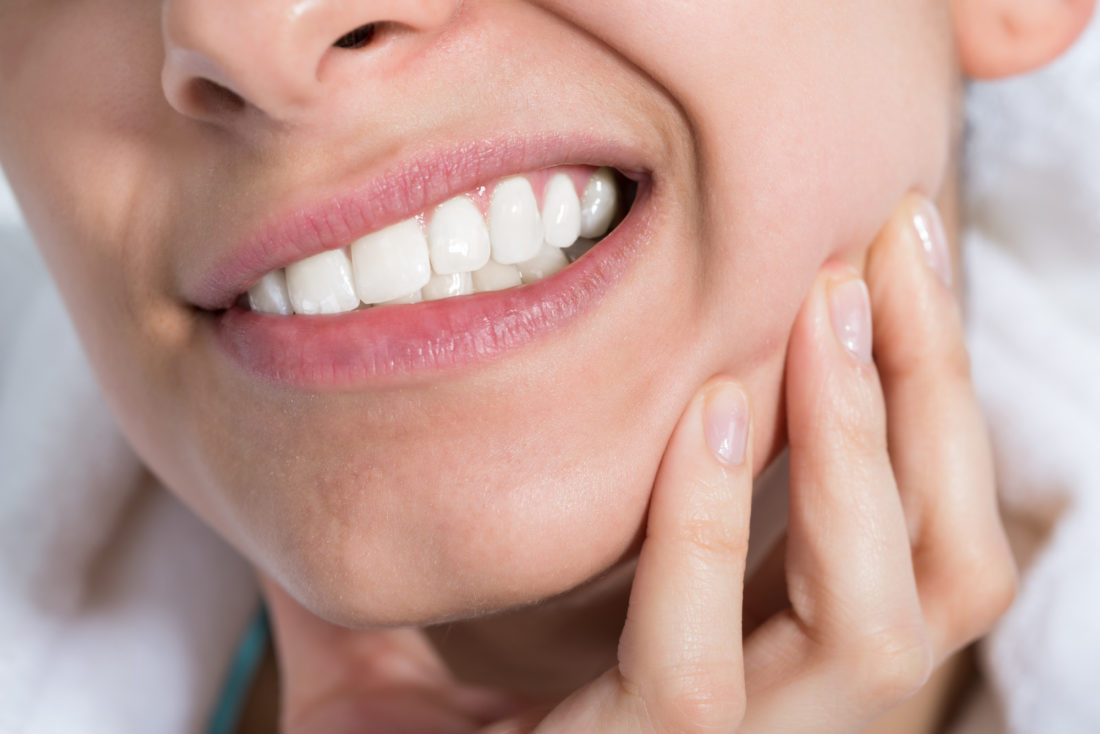
Are you experiencing sudden tooth sensitivity? Maybe when you eat or drink? Maybe without a reason that you can detect?
Keep reading to get to know different types of causes and prevention of sudden tooth sensitivity.
Tooth Decay/Cavity
Tooth decay or tooth cavity is caused by bacteria that eat away at your tooth enamel. This bacteria causes tooth swelling which causes tooth sensitivity and typically is felt as a dull pain that increases the deeper the cavity eats at your tooth.
In order to prevent cavities and decay it’s important to brush your teeth a minimum twice a day, and flossing every day as trapped food will cause tooth eating bacteria.
You may also want to stay away from high sugar and acidic drinks like sodas and juices as they also create the perfect bacterial thriving environment.
Contact a dentist to get a cavity filled sooner rather than later so it doesn’t develop into a much bigger problem.
Root/Nerve Sensitivity
A common problem when dealing with sudden tooth sensitivity is a root and/or nerve sensitivity. This pain can be described as shooting pain that gets worse with hot or cold food or drinks. Sometimes this pain may radiate if it is related to your tooth nerve.
There are instances when this type of sensitivity randomly happens, but it is usually related to infections, cavities, or receding/diseased gums.
To manage the sensitivity you can look into an over the counter dental treatment for sensitive teeth like a specially formulated toothpaste, or ask your dentist for recommendations.
Tooth or Gum Abscess
A tooth abscess is a puss-filled pocket at the end of the root caused by a bacterial infection. Whereas gum abscess is when the bacterial puss pocket is located in your gums. You can notice sudden tooth sensitivity and of course pain when it comes to one of these.
If severe enough, you may have a fever accompanying pain, swelling, and heat in the area where the infection is.
It’s important to contact your dentist right away so that they may take a look at it and prescribe you with antibiotics in case it spreads.
A Chipped or Fractured Tooth
Sudden tooth sensitivity can occur from a big or small chip, crack, or fracture. You may notice sensitivity when chewing and may even be sensitive to the temperature of your food and drinks.
There aren’t any preventative measures as accidents do happen, but it’s best to visit your dentist to check out the extent of the damage. In some cases of a really fractured tooth, a root canal may be required if there’s a crack that’s reached your tooth’s pulp.
Sudden Tooth Sensitivity? Now You Know!
Now you know common instances of sudden tooth sensitivity and what to do in each situation. If you have persistent problems with tooth sensitivity it’s best to contact your dentist and let them know what’s going on.
Be sure to check out the rest of our site for even more informative content!
